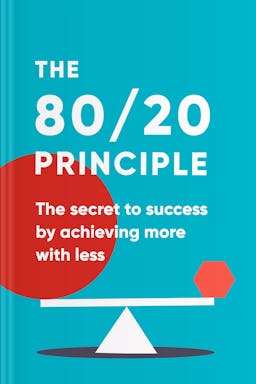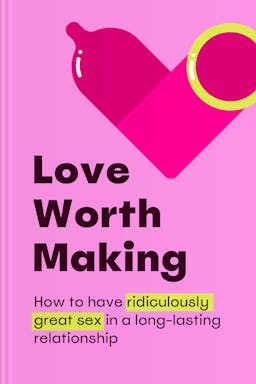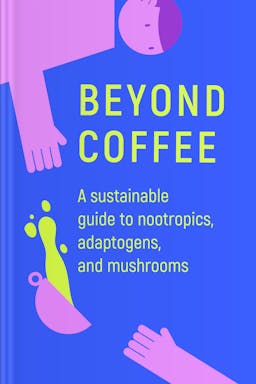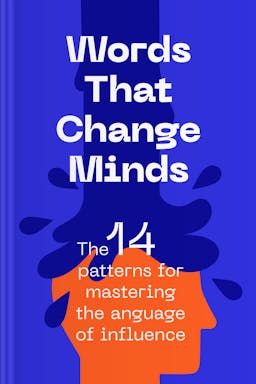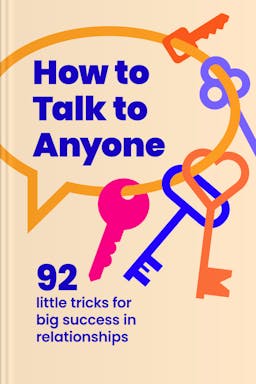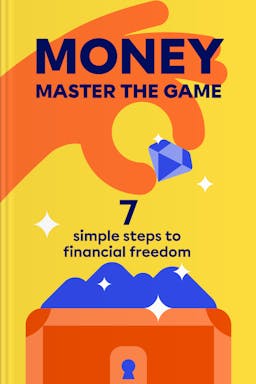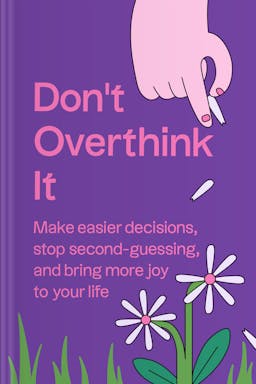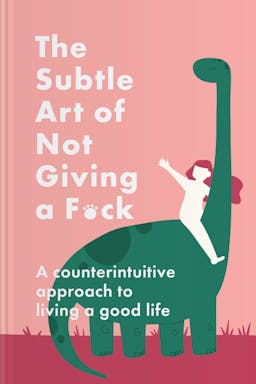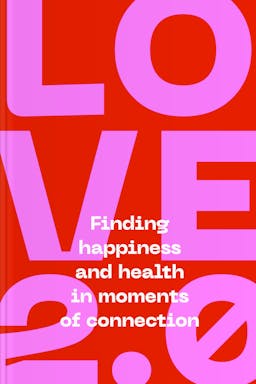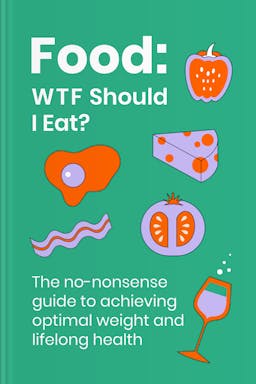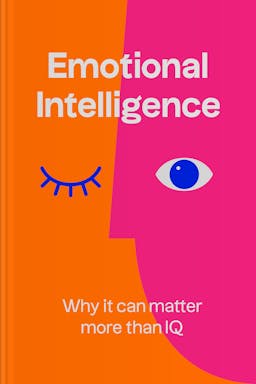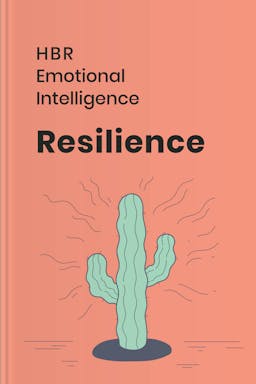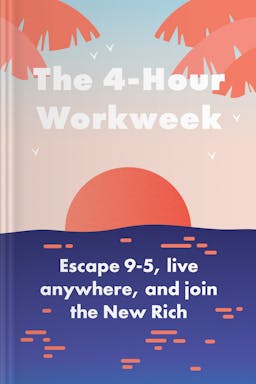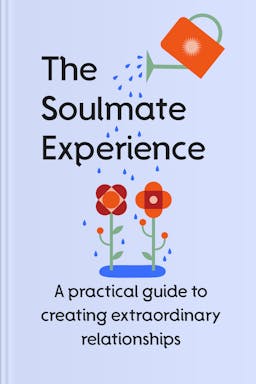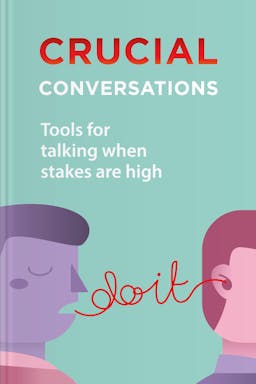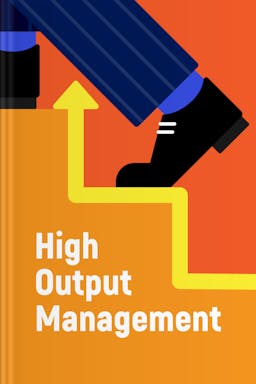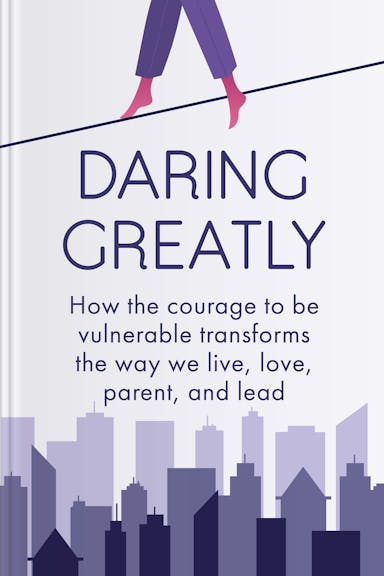
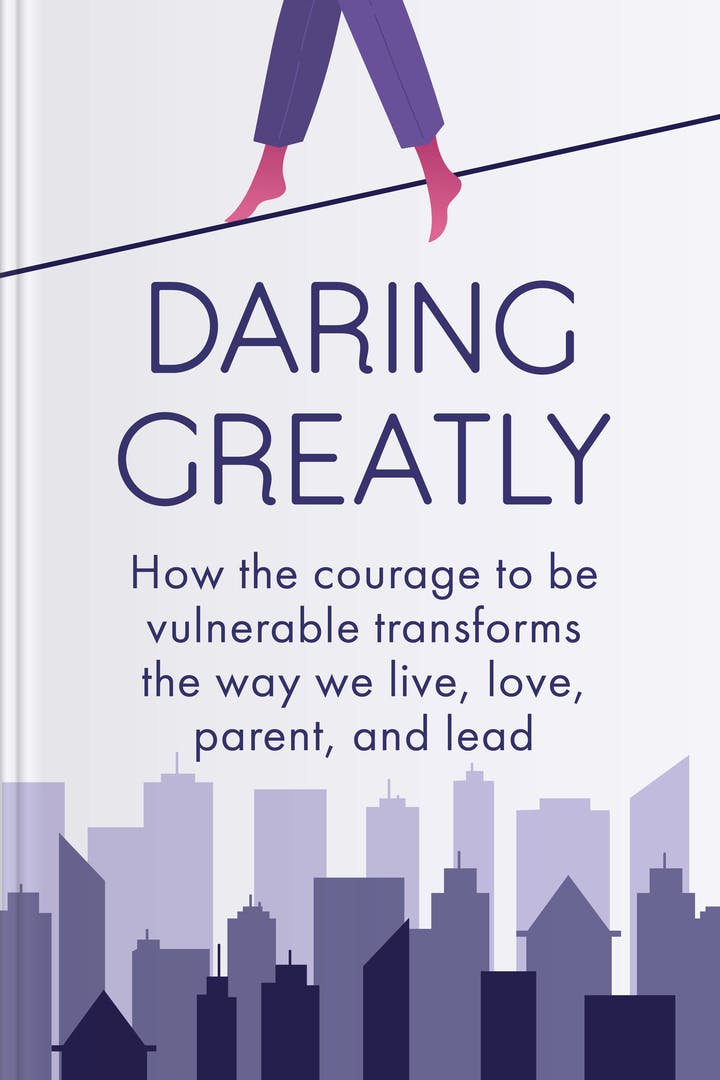
Summary of Daring Greatly
Short summary
Table of content
- Summary of Daring Greatly
- About the author
- What is Daring Greatly about?
- Who should read Daring Greatly
- Topics in Daring Greatly
Living “wholeheartedly” or being vulnerable is the way we can rid ourselves of the shame and the fear of “not being good enough” that our culture of narcissism causes
We are ashamed and afraid to be “ordinary.” We fear not feeling extraordinary enough to be noticed, to be lovable, to belong, or to cultivate our sense of purpose.
We are ashamed because we feel “never good enough,” “never perfect enough,” “never thin enough,” “never powerful enough,” “never successful enough,” “never smart enough,” “never certain enough,” “never safe enough,” “never extraordinary enough,” “never ….”
The shame, in turn, drives our society’s culture of scarcity; because everyone is suddenly hyper-aware of lack. Everything feels restricted or lacking. We invest sizeable time calculating how much we have, want, don’t have, and how much everyone else has, needs and wants. We compare our lives, our marriages, our families, and our communities to unattainable, unrealistic, media-driven visions of perfection.
Scarcity is the “never enough” problem or the “great lie,” according to Lynne Twist, author of The Soul of Money. In her words, “Our first waking thought of the day is 'I didn’t get enough sleep.' The next one is 'I don’t have enough time.' Whether true or not, that thought of not enough occurs to us automatically before we even think to question or examine it. We spend most of the hours and the days of our lives hearing, explaining, complaining, or worrying about what we don’t have enough of. Before we even sit up in bed, before our feet touch the floor, we’re already inadequate, already behind, already losing, already lacking something. And by the time we go to bed at night, our minds are racing with a litany of what we didn’t get, or didn’t get done, that day. We go to sleep burdened by those thoughts and wake up to that reverie of lack … this internal condition of scarcity, this mind-set of scarcity, lives at the very heart of our jealousies, our greed, our prejudice, and our arguments with life.”
We can deal with the shame and the culture of scarcity it causes by, not necessarily living in abundance, but by living “wholeheartedly” ― by being vulnerable and worthy; by facing uncertainty, exposure, and emotional risks, and understanding that we, in our individual capacities, are more than enough.
There are four myths about vulnerability that we need to rid our minds of. They stop us from “daring greatly” or “living wholeheartedly”

Daring greatly builds up our shame-resilience, which helps us to “show up” and try again and again whenever we fail, until we “get it right”
Foreboding joy, perfectionism, and numbing are the three major ways by which we mask our vulnerabilities
“Minding the gap” ― by cultivating change and closing the disengagement divide, is a great daring strategy
We can improve work and learning outcomes by fighting off the “disengagement” of the leadership of corporations and schools; by building shame-resilience into them
“Wholehearted” parenting is us daring greatly to be the adults we want our children to be
Conclusion
What is Daring Greatly about?
Who should read Daring Greatly


Enjoy summarized nonfiction bestsellers
Grasp the book’s key ideas in less than 15 minutes
Get startedGet new knowledge easily
Let’s check how many titles you can finish in a month with Headway! Tell us how much time you’d like to spend on reading:
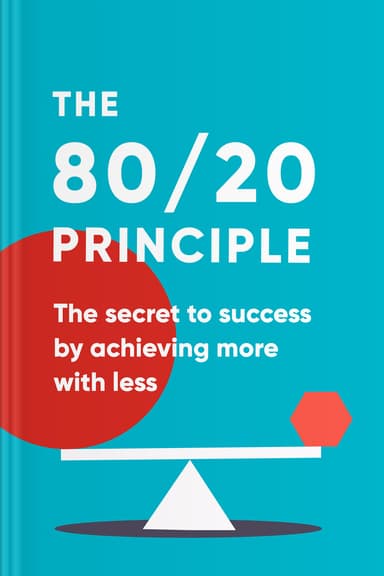
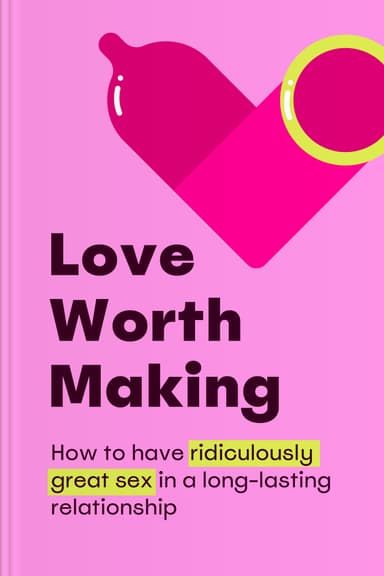
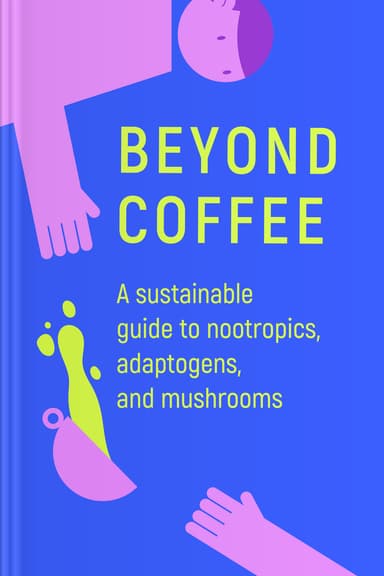
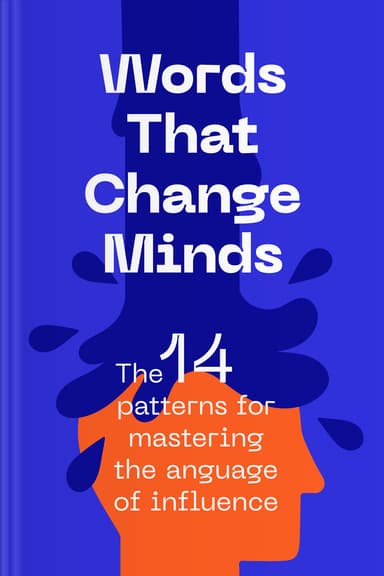
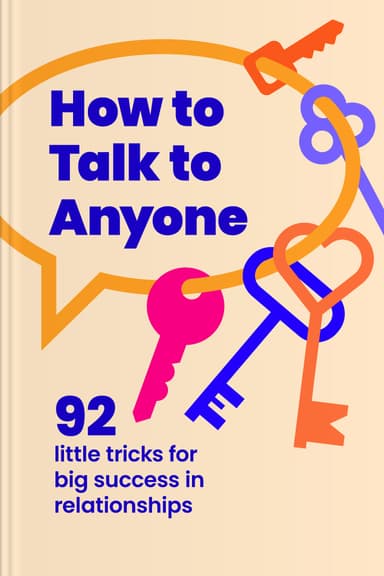
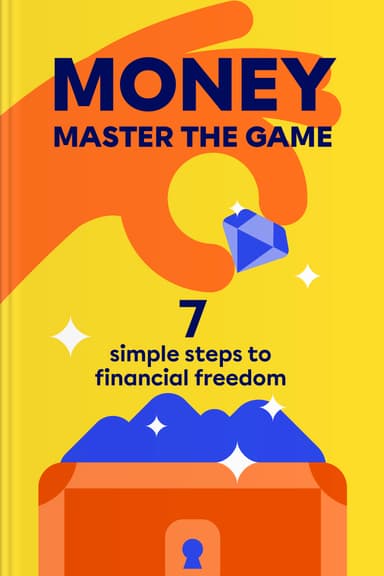
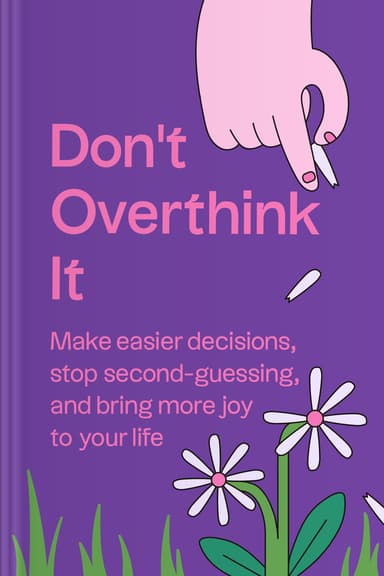
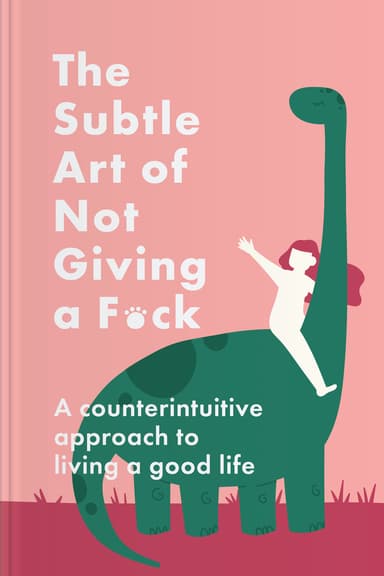
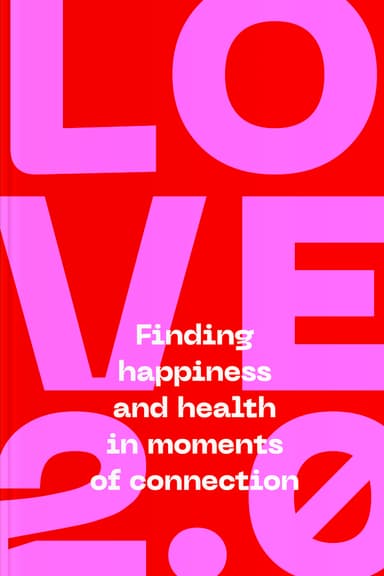
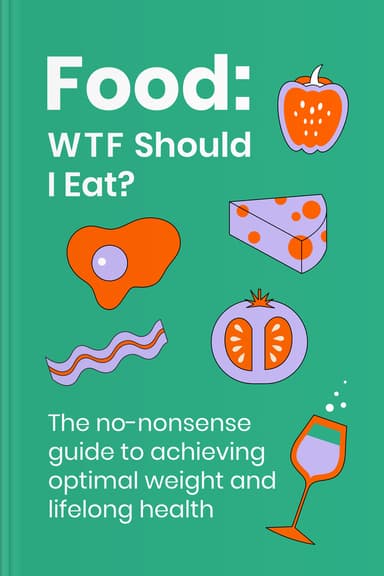
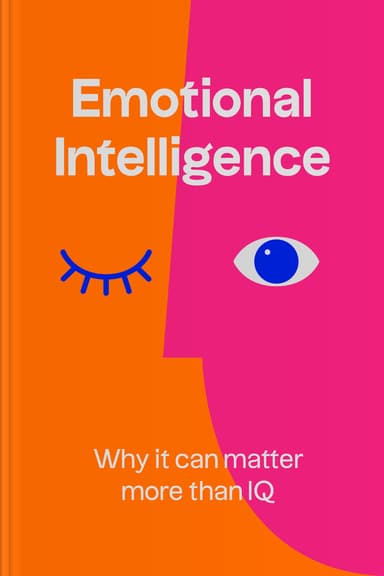
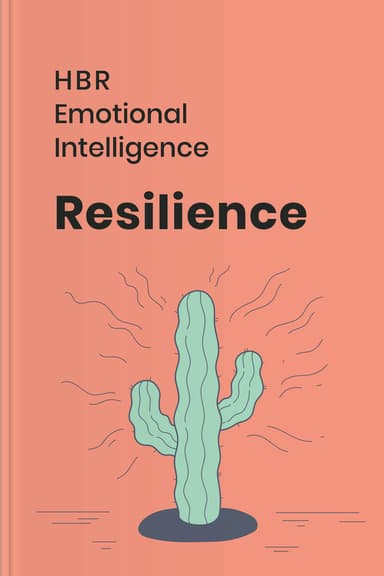
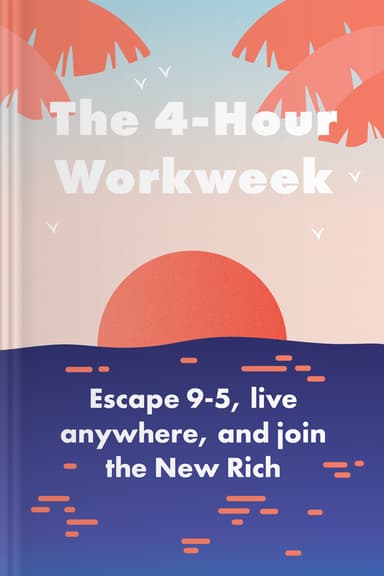
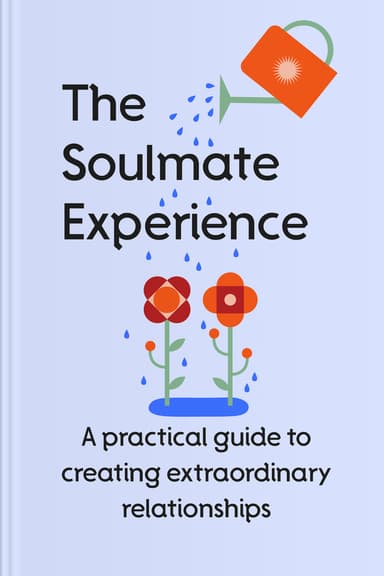
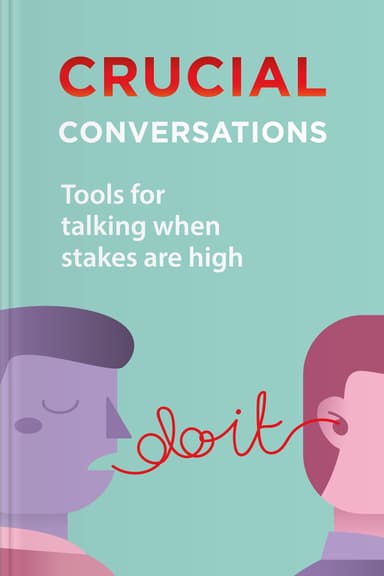
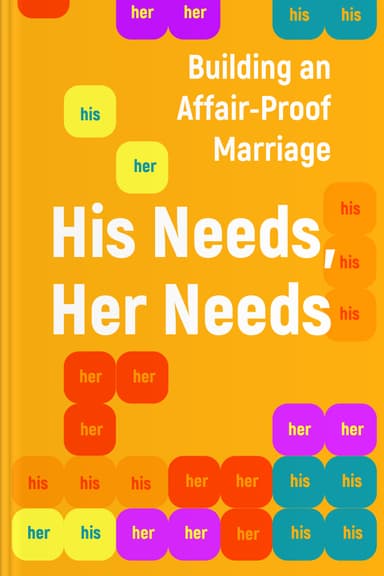
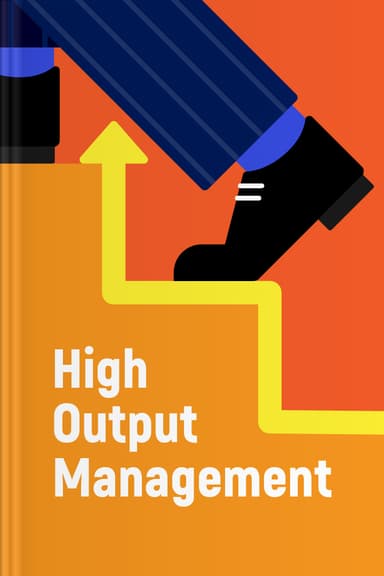
Join 30+ million learners around the world
Everything you need to be motivate, to learn & to self improves is all here. I actually do appreciate the reminders because otherwise this wouldn’t work for me. Thank you
Headway is the answer! No longer accumulating books I never read. With Headway, I initially chose the areas important to me such as productivity, time management, etc., and each day I'm provided several book summaries from which I devote 20 minutes or more each day reading. All of this on my phone! My life has improved with Headway. Truly my most useful app.
An excellent concept, executed well. Headway can help you retain what you've read while introducing you to the essential core of new information. It's an easier way to stay inspired, and to be reminded of the mental tools you've learned
In today’s world, we rarely have time. Between our jobs, our families are social obligations, when do we have time to grow and develop ourselves? Headway is an excellent app that gives you that time it gives you those little snippets of information that you need to direct your focus in on your life. Headway gives you a chance to find out the meat of a book that you might want to purchase and read or listen to in-depth without wasting a lot of time trying to figure out is this book for me? I highly recommend the app.
The selections are on point and the summaries are excellent! I listen while I walk my pup 🐶 and have in turn, ordered a few selections! REALLY loving the app, it’s layout, daily selections and features!
I've gotten multiple books out of the library with the intent to read them, but always have a hard time finding the time. This app has helped me finally be able to get to them. Summarized, yes, and thank goodness too! Just short enough I can finish one on my way picking kids up from school/practice, or while I'm cooking dinner. I can't wait to listen to them over the summer when we visit the beach!
It amazed me! There is the possibility to highlight the most important points of each book and instantly translate unfamiliar vocabulary. With the ability to review the searched words. It's a great way to learn more about English as well. The price is great.
I’m enjoying what I’m learning on headway.each summary comes with quotes at the end which you can save to help you remember key points. You can listen or read, I’ve found that reading puts me to sleep before I can finish but the listening feature keeps me engaged and I can finish in a brief amount of time if not one session.
The app it’s so easy to use. I use it while driving or cooking and is great. I love the fact that the chapters are short, so you can finish them quickly. Very knowledgeable.
The best app for self development.It helps to keep pace with your reading and also suggests the kind of reading material you might like.It is fun as you can switch from reading to listening and vice-versa as per your convenience .Just get started and partake of the treasure of knowledge at your fingertips .I feel lucky to have spotted the app.It has helped me become self-disciplined and much better informed.The audio track is excellent.
Exactly what I need! I always have booklist to read, but can't committed enough to finish/start bc of too much pages. Headway is really helpful and concise with their summary. What I love the most is that the essence of the book is well crafted, so I don't only read the key points, but also there's the story and how personality of the author still well shown through the summary. Well done!
This is outstanding best app ever and honestly whoever came up with is my app is an absolute genius kudos my gratitude definitely goes out and I’m only on my first week free trial and I’m certainly going to purchase this app annually. Now that I have it, I can’t even imagine living without it.












